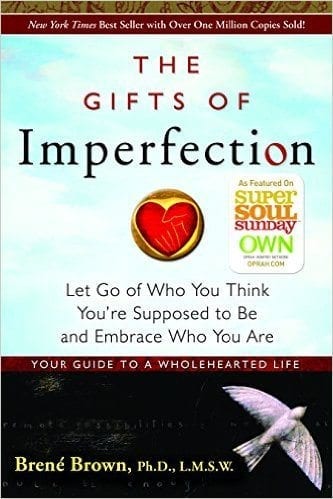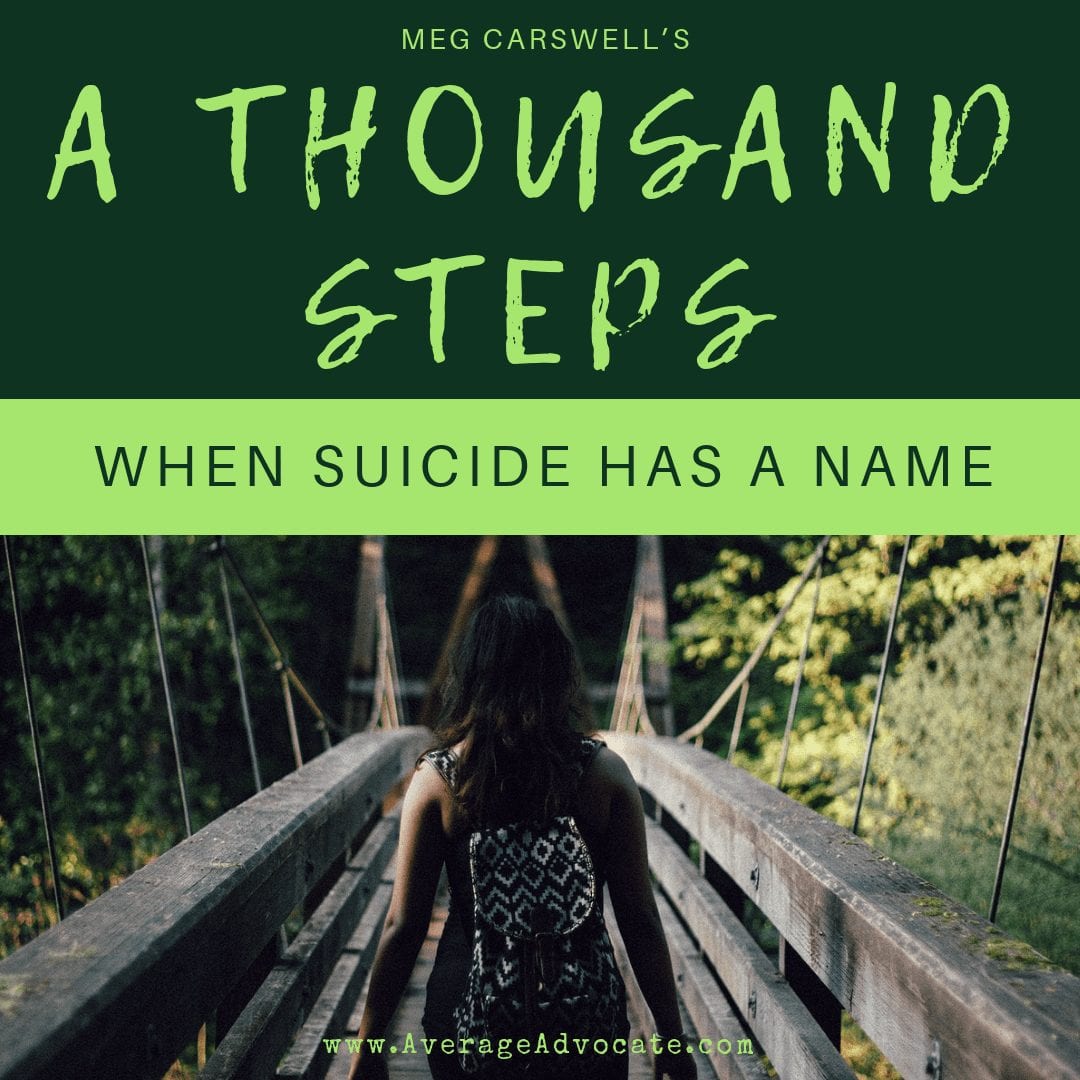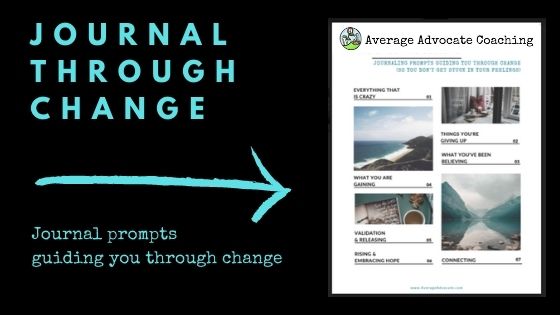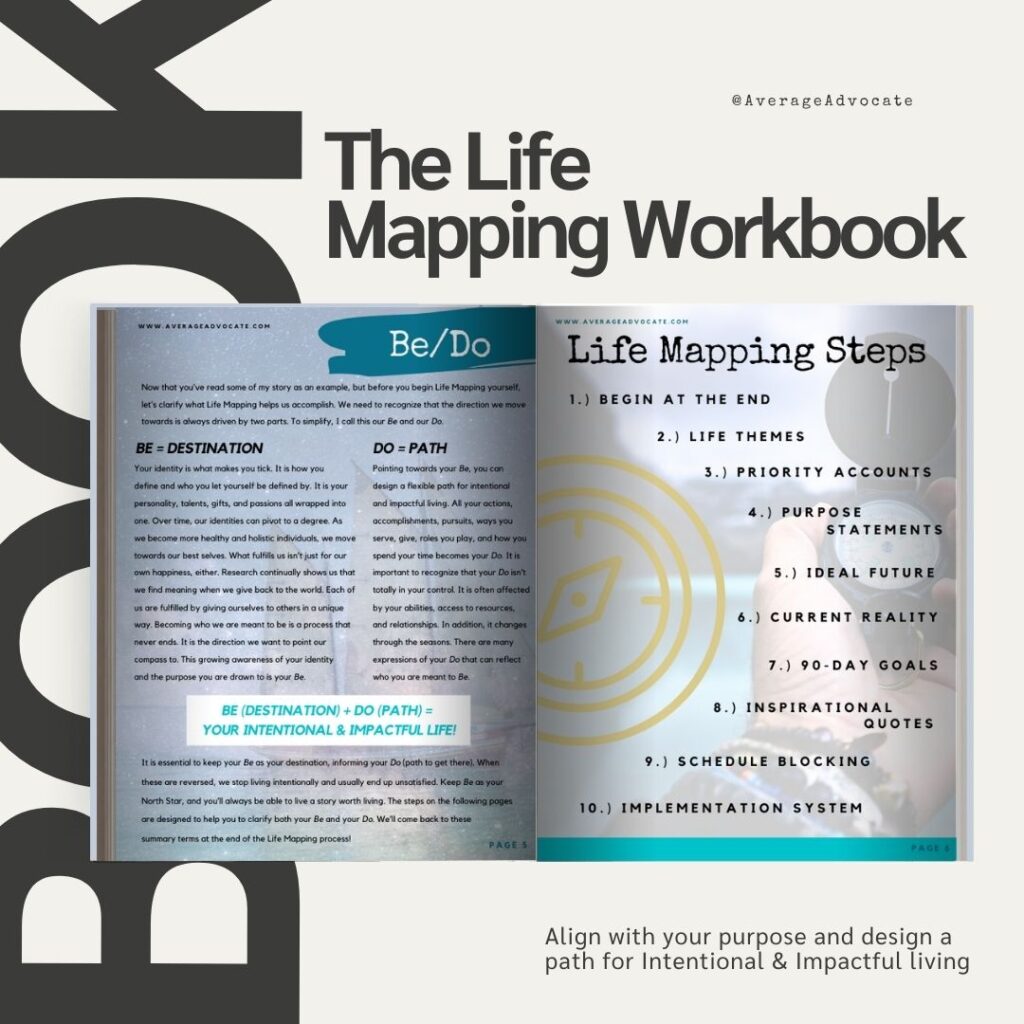Have you ever considered you might be hindered from changing the world by not allowing people to help you? That when you are so focused on helping them that you don’t ever practice vulnerability and actually hinder connecting and the significant life that is so appealing to us as world changers?
It always seems that the greatest servants among us also seem to be the least likely to accept or look for assistance. (Does that sound a little too familiar?)
Look In the Mirror–Do You Ask For Help?
You might be regularly helping the homeless, but you shut yourself in your apartment for weeks because you are too injured and can’t manage to tell anyone. You might run a non-profit, but when you get home at night you self-harm. You might try to keep up with all your volunteer commitments when your life is falling apart. Or maybe you simply can’t tell those around you (especially those you’ve been mentoring) when your heart is broken or you are having a bad day, because you feel like you are the one who should be listening to them tell you about their bad day.
I think all of us might have a story or two where we’ve all pushed through and sucked it up, trying to appear perfect when we really needed help. Of course, we would never say we were trying to appear perfect because most of us don’t want to be self-righteous, even if we are.
But, when we don’t allow others to serve us, we actually cut off the chance to meaningfully connect with others and be blessed through that. We can’t hog all the giving to ourselves!
Model the Type of World Change We Want
And I am not just talking about physical help (although that is often hard enough to receive). I am also talking about emotional and spiritual help. I’ve known too many world-changers who eventually burnt-out or boarded up their heart with nails, brick, and cement. They might be “making a difference,” but are they really modeling the type of world-change we aspire for humanity to embrace? Do we really need more “perfect,” got-it-all together people, that are unreachable on an emotional-level?
- Do we expect the trafficking survivor we are investing in to someday have a closed-off heart as she helps others? Don’t we advocate for her so that her true beauty and worth will shine, despite the pain of her past?
- Do we undervalue the joyful individual in poverty because they are still poor? Is their joy more important than the fact they are in the cycle of poverty?
- What about the gratefulness we experience when we give someone an unexpected undeserved gift?
Many of us ordinary world changers live for these moments, these moments where we feel the joy of giving and bond with, connecting with the receiver as it is appreciated.
World-changers live for moments of others’ vulnerability.
Doesn’t that seem a little unfair? What if we chose to be the vulnerable one every once in awhile? What effect would we have if we modeled the art of receiving? If we asked for help sometimes ourselves? If we modeled a little more transparency and softening of our hearts?
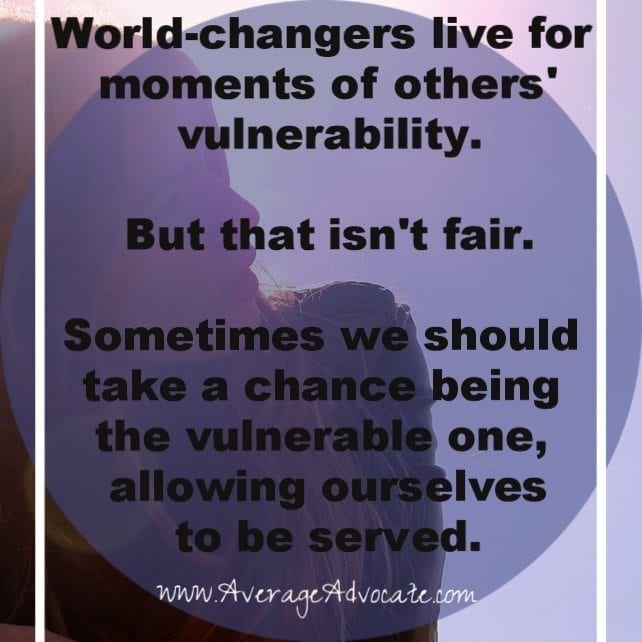
I realize that in some occupations and world-changing roles vulnerability isn’t possible or safe. But, maybe, as we are give to people in one place, elsewhere, in a safe community, we intentionally practice receiving?
I’ve had to learn the art of receiving the hard way a few years ago–by almost a month of immobility with back pain–and then time and time again through short reminders via sickness, pain, or when I had children. I’ve begun to appreciate the joy of receiving too, and now try to make this part of my life. Usually this is most challenging for me on an emotional level. I seem to be having more success after actually creating a plan for who and when I am going to practice being vulnerable.
Do You Consider Your Vulnerability a Gift?
I’d like to share with you a quote by Brene’ Brown in The Gifts of Imperfection, her “Guide To A Wholehearted Life.”
“Many of us are willing to extend a helping hand, but we’re very reluctant to reach out for help when we need it ourselves. It’s as if we’ve divided the world into “those who offer help” and “those who need help.” The truth is that we are both.
I’ve learned so much about giving and receiving from the men and women who are engaged in Wholehearted living but nothing more important than this:
Until we can receive with an open heart, we are never really giving with an open heart. When we attach judgement to receiving help, we knowingly or unknowingly attach judgement to giving help.”
-Brene` Brown in The Gifts of Imperfection (p.20.-21.)
In the phrase on the front cover of this book Brene’ challenges us with “Let Go of Who You Think You’re Supposed to Be and Embrace Who You Are.”
Let go of who we think we are supposed to be. . . This begs the question, what do we think a world-changer is supposed to be? We might not consider “vulnerability” as a part of who we want to become, but it seems like we have a pretty good reason to add this word to our definition of a world-changer.
Ideas to Practice Being Vulnerable
- In the comments below, share a time when you grew as a world changer because you chose to receive or be vulnerable.
- Write out what you think a world changer is supposed to be. Do you need to modify your definition?
- Think of a way you can ask for help right now and do it!
- Make a plan to help you intentionally practice the art of receiving, dictating when you will ask for help (if I hurt x amount, I will call so-and-so). Or you can do what I did, making a plan to be emotionally vulnerable with safe people your community (who/when/what).
- Read the rest of The Gifts of Imperfection with me to help you purse vulnerability (and other good things in Wholehearted living)

